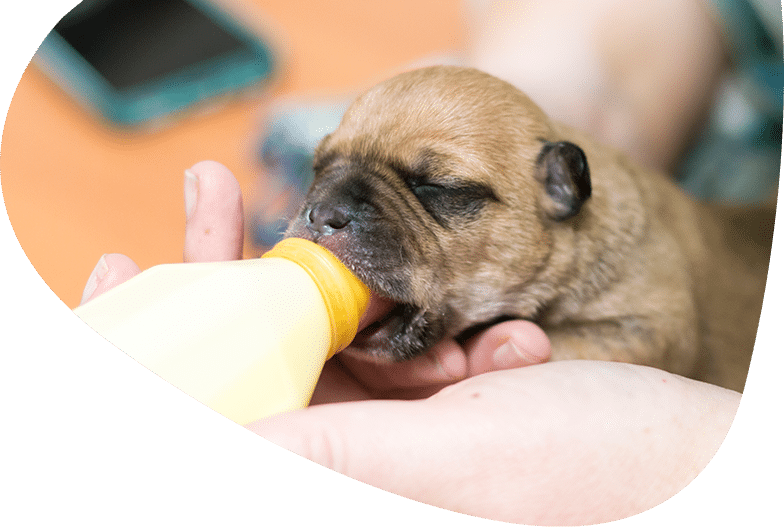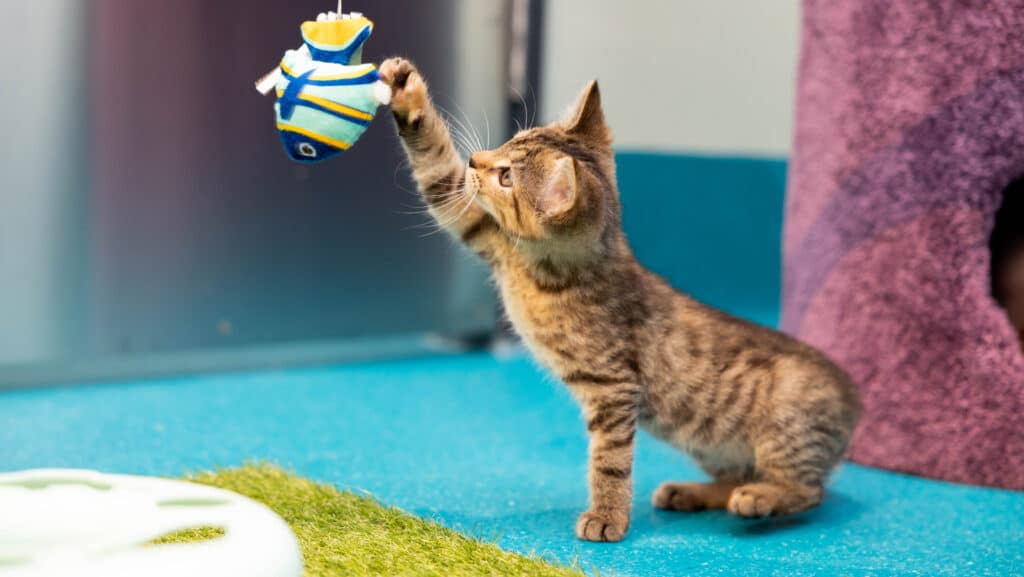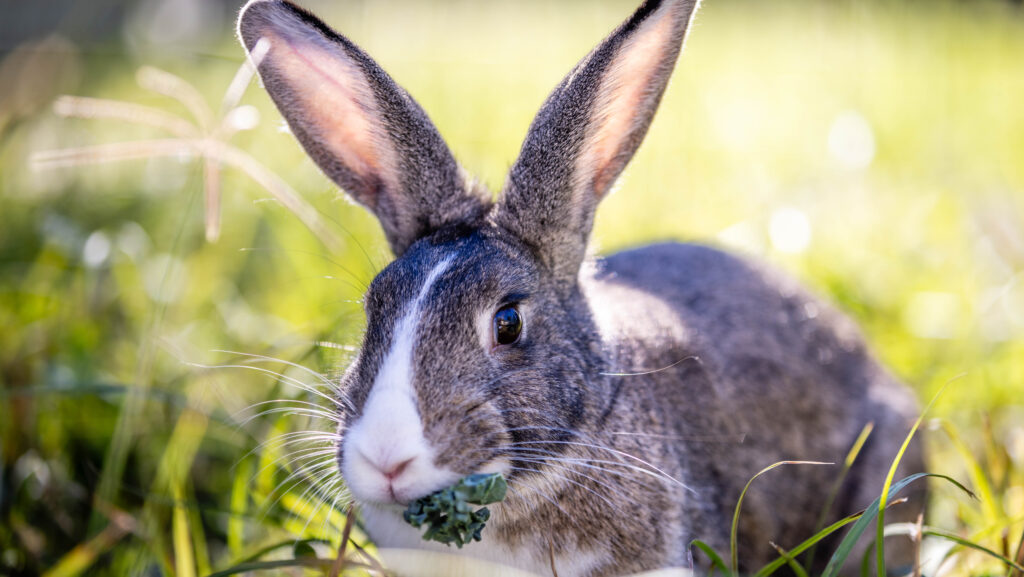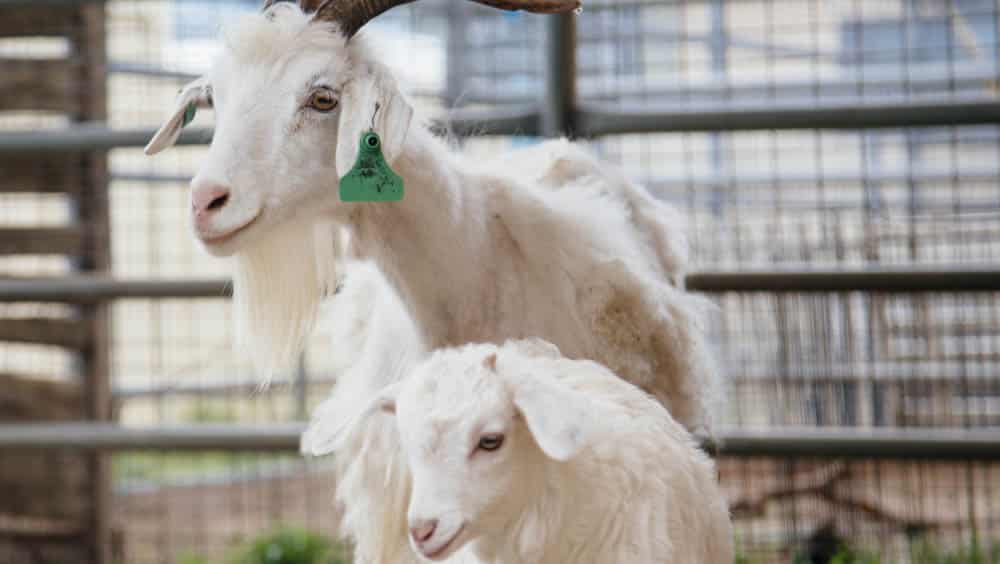Home > Adopt or Foster > Become a Foster Carer
Support an animal in need by providing temporary care for those needing time away, rehabilitation, or early life experiences.

By offering animals temporary homes, RSPCA NSW foster carers can provide our animals with love and attention they need as they await their forever home. At any one time, animals in foster homes can account for up to 21% of all the animals in our care.
These caring individuals provide a crucial lifeline for animals in need, offering them a chance to thrive outside our often-busy shelters. Whether they’re caring for young litters or offering a space for rehabilitation, our foster carers play an essential role in helping animals find a home.
If you’re not looking to adopt an animal companion of your own, consider becoming a foster carer and supporting the animals in our care. Indeed, by opening your heart and home to animals in need, you can make all the difference in their journey towards finding a permanent family.
Becoming a foster carer is such a rewarding way to support our animals. If you’re unsure about adopting, but are looking for other ways to help, consider joining our team of amazing, compassionate foster carers today!
RSPCA NSW foster carers provide temporary homes to animals who need a helping hand. As a foster carer, you will offer our animals a safe and stable living space while providing them with love, attention, and care as they await their forever home.
Our foster carers play a role in introducing our shelter animals to the comfort of a home environment, in addition to the family dynamic that shelters are unable to reproduce. In fact, the more we learn about their behaviour in a predictable household setting, the easier it is for our staff to ensure we find their perfect match!
Applicants must also be ready to transport their animals to any surgeries and veterinary appointments that their foster friends may require.
To help in this role, applicants must:

By keeping us company, encouraging exercise, and being adoring lifelong friends, dogs are widely regarded as extremely loyal animal companions.

Though widely known for their independent spirits, cats still rely on us to feed them and keep them safe and entertained. Whether you are ready to adopt or looking to become a foster carer, a healthy, happy feline friend can be the key to the purr-fect home!

When people picture an animal companion, they often think of cats and dogs. However, pocket-sized pets, like guinea pigs and mice, prove that lifelong friends come in all shapes and sizes!

When properly cared for and safely housed in an enriching and spacious home, birds can be trusting, independent, and unforgettable animal companions.

Though horses need time, affection, and patience in order to thrive with human companions, befriending an equine companion of your own can offer a deeply fulfilling experience.

If you feel as though your home and lifestyle can accommodate farm animals, consider forging a lifelong bond with one of the animals in our care.

Each day, we shine a spotlight on an animal in need, like Tyler, to help them find a loving home or foster care.
Tyler is currently located at our Coffs Harbour Shelter and can’t wait to meet you.
View Tyler's profile

Every day we highlight a Rescuoodle. Today we would like you to meet {animal_name} who is a {breed} and {age} located at {shelter_location}.

At any one time, animals in foster homes can account for up to 21% of all the animals in our care. Thanks to the kindness and generosity of more than 900 foster carers, we help thousands of animals:
If you’re not looking to adopt just yet, you can still give the gift of a foster home to an animal in need. Consider lending a helping hand by becoming a foster carer today!
With your support, we can give our animals a comfortable temporary abode. All you need is an animal-friendly home, time, and love for your foster animals! With that in mind, it is essential that our carers:
After you’ve applied to become a foster carer, our Foster Care team will provide you with food, bedding, supplies, and veterinary support, meaning you can focus on providing a safe and caring environment for animals in need.
As long as everyone in your household has agreed to foster an animal, your circumstances will not prevent you from becoming a RSPCA NSW foster carer. However, please note that some of our animals cannot be fostered in homes with children, meaning you might not be able to foster every animal looking for care.
If you have other animals at home, they need to be vaccinated, desexed, and treated for internal and external parasites before you can take in a foster animal. You may also be required to bring your animals into the shelter to meet your potential foster animal, to ensure that your preexisting pets get along with their foster friend.
Every animal available for foster care has their own unique set of needs, meaning we cannot guarantee a specific time frame for our animals’ length of care. Nevertheless, we’ll do our best to give you an estimate you can work with, using the information at hand and our knowledge of our animals.
We strive to ensure our carers can focus their attention on their animals, which is why we cover all essential pet food and supplies.
Our dedicated team will cover our animals’ bedding, supplies, and medication, in addition to any emergency procedures that might arise. All you have to do is give our animals your love as you
accompany them on the road to recovery and a loving, permanent home!
We promise to uphold the highest ethical standards. Your personal information has never been, and never will be sold or traded to other charities. This is our promise to you.


We acknowledge the Traditional Owners of the lands on which we live and work. We recognise and respect the enduring relationship they have with their lands and waterways, and particularly acknowledge the vital role animals have played in Indigenous life, stories and culture for tens of thousands of years.
The RSPCA is an independent, community-based charity providing animal care and protection services across the country.
This site is protected by reCAPTCHA and the Google Privacy Policy and Terms of Service apply.
The RSPCA is an independent, community-based charity providing animal care and protection services across the country.


This site is protected by reCAPTCHA and the Google Privacy Policy and Terms of Service apply.